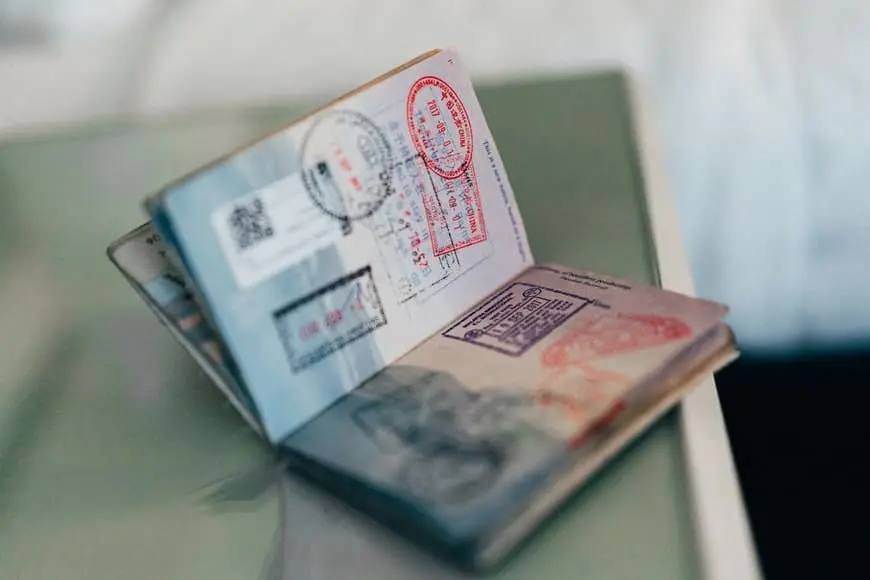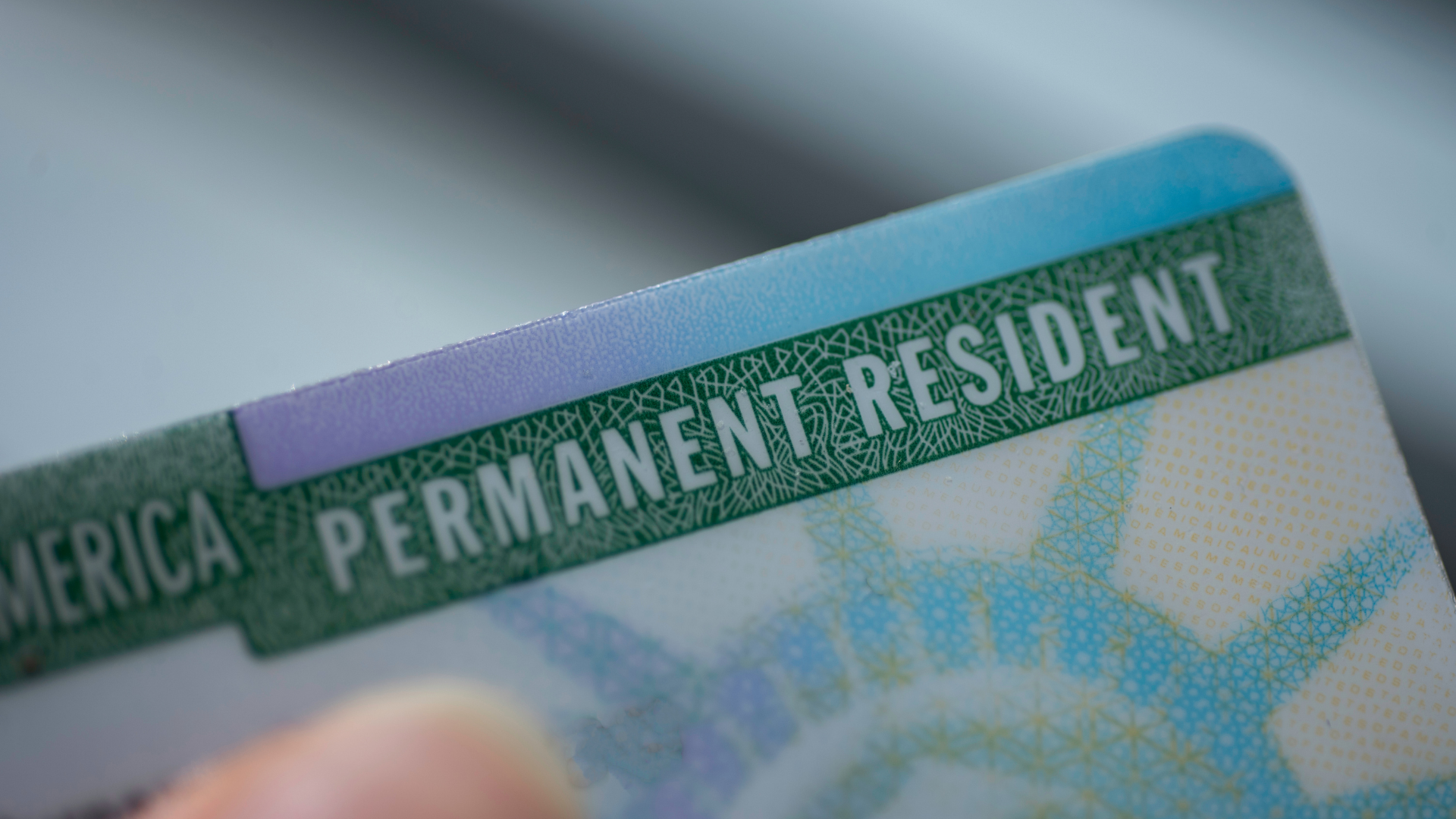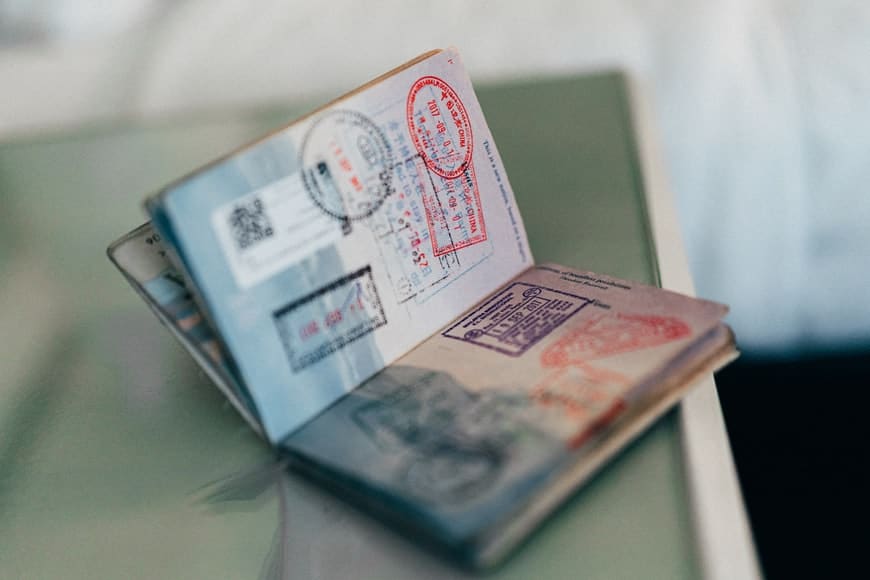I-601A Waivers
There are many reasons why an immigrant is considered inadmissible to the U.S. One of those reasons is illegal presence in the country. An immigrant is considered to be unlawfully present if they have overstayed their valid visa, arrived without inspection, or violated a temporary visa status.
Although illegal presence can be a bar to admission into the U.S., help is available to overcome this issue. By filing for an I-601A waiver, also known as a provisional waiver, you may be able to continue processing your immigration case even if you were illegally present in the country.
Get in touch with us

What is an I-601A waiver?
An I-601A provisional waiver allows certain immigrants to request a waiver of their unlawful presence. This includes qualifying relatives (spouses and children) of U.S. citizens or permanent residents. In 2016, the process was expanded to all individuals statutorily eligible for an immigrant visa and a waiver of inadmissibility for unlawful presence in the United States.
Normally, an applicant over the age of 18 who has overstayed in the U.S. for 180 days or more, but less than 365 days, is barred from returning to the U.S. for three years. An applicant who has overstayed for more than a year can be barred for ten years. In some cases, such as trying to reenter the U.S. after having accrued more than one year of unlawful presence, the bar may even be permanent.
Unlawful presence can have lengthy and serious consequences — it can result in being barred from returning to the U.S. during your consular interview. However, an I-601A form may allow you to apply for a waiver of the unlawful presence bar before needing to leave the U.S.
This process allows an applicant to apply for a provisional waiver before they leave the U.S. for their consular interview abroad. The reason behind the waiver process is to promote reunification of family members, as well as to shorten the time that families must be separated while their relatives are obtaining immigrant visas to become lawful permanent residents of the United States.
I-601 vs. I-601A: What is the difference between these two waivers?
As we noted above, an I-601A waiver can be used only for one ground of inadmissibility: unlawful presence. However, there are many other reasons that a Green Card applicant can be found inadmissible — and in those cases, a regular I-601 waiver must be used.
Let our immigration lawyers help you navigate every facet of immigration law.
This process allows an applicant to apply for a provisional waiver before they leave the U.S. for their consular interview abroad. The reason behind the waiver process is to promote reunification of family members, as well as to shorten the time that families must be separated while their relatives are obtaining immigrant visas to become lawful permanent residents of the United States.
I-601 vs. I-601A: What is the difference between these two waivers?
As we noted above, an I-601A waiver can be used only for one ground of inadmissibility: unlawful presence. However, there are many other reasons that a Green Card applicant can be found inadmissible — and in those cases, a regular I-601 waiver must be used.
For example, the I-601 waiver is used in the following types of inadmissibility cases:
- Inadmissibility due to health reasons, such as active tuberculosis, other communicable diseases, or substance abuse
- Inadmissibility due to criminal reasons, such as crimes involving moral turpitude, drug trafficking, or human trafficking
- Inadmissibility due to national security reasons
- Inadmissibility due to becoming a public charge
- Inadmissibility due to fraud or misrepresentation
The full list of grounds for inadmissibility is provided by the USCIS website. To file a waiver based on any of the categories above, you will need form I-601.
USCIS I-601A waivers: Who qualifies, and under what conditions?
In order to qualify for an I-601A waiver, a person must be:
- At least 17 years old
- Physically present in the U.S. to file the form I-601A application and provide biometrics
- Be in the process of obtaining their immigrant visa, and have a case pending
- Not have any additional grounds for inadmissibility
- Demonstrate that refusal of their admission will cause extreme hardship to their U.S. citizen or permanent resident relative
- Not in removal proceedings that are pending or haven’t been administratively closed
- Not have a final order of removal, exclusion, or deportation
What is the I-601A waiver process?
The process begins by filing a fully completed application. The USCIS provides an extensive list of application instructions, which must be closely followed in order for your waiver not to be rejected. You will need to submit to the applicable biometric testing.
In addition to the appropriate forms and filing fee of $630 plus $85 for biometric services, you must also provide the required initial evidence. This includes:
- Proof of your relationship to your qualifying relative
- Proof of extreme hardship to your relative if your admission is refused
- Proof of citizenship or lawful residence of your relative
- Proof of your admission or parole
- Proof that your case warrants a favorable exercise of discretion
It’s important to note that the I-601A waiver, by itself, does not provide lawful status in the United States, nor does it authorize you to work in the U.S. Its sole purpose is to excuse an applicant’s illegal stay in the U.S. Additionally, note that approval of your provisional waiver does not mean that your case itself is approved. Once your waiver receives approval, you will need to leave the U.S. and visit a consular office for your visa interview.
It can take many months to process an I-601A waiver. The process can be a difficult and arduous one, simply due to the documentation required to prove your case. There are many different supporting documents and evidence needed to make a successful case for a provisional waiver. In addition, when you file for a provisional waiver, you are disclosing your contact information to the government — this can be daunting, especially without an experienced attorney to advocate for you.
How can Farmer Law help?
A qualified and knowledgeable immigration attorney can help navigate the I-601A waiver process and provide invaluable legal and technical advice. They can help you fill out the required forms, obtain the necessary evidence and documentation, and ensure your filings meet all rules and requirements. Because the provisional waiver process can be complex, retaining an immigration attorney can help simplify and resolve some of the major legal and technical issues.
The attorneys at Farmer Law are adept at navigating every facet of immigration law and related federal litigation. From employment-based recruitment and visas to family-based visas, we offer comprehensive, unique, and strategic solutions for our clients’ immigration needs. We are capable of providing consultations in Spanish, German, French, Italian, and Farsi. Call us at (512) 402-6698 or fill out our contact form online, and we will get right back to you to schedule a consultation.
What Our Clients Are Saying
comes to keeping us compliant and helping us learn more each day. ”
Get In Touch With Us
Reach out to us for any questions on specific U.S. immigration laws, U.S. immigration forms, citizenship applications,
U.S. work visas, or any other aspect of immigration law.






